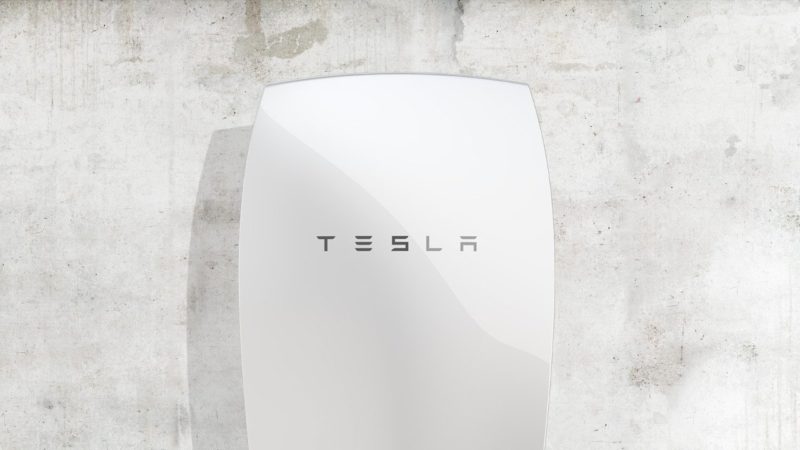This comes back to why fossil fuels are popular as an energy source: they are a really energy dense material that is packed full of energy waiting to be liberated.
To explain why a battery pack is not the equivalent of a full fuel tank – consider the following figures:
The average litre of petrol contains 34.2 megajoules per litre. (MJ/L). Converting this to Watt-hours (Wh) – the normal measurement unit for electric cars – this equates to 34.2 x 277.7778 = 9500Wh or 9.5 kWh.
To put this in context, table 1 shows several EV manufacturer’s battery pack sizes and ranges as an equivalent number of litres of petrol.
Table 1:

As an aside: looking at the last column, a standard petrol car at 10L/100km uses something like 5.5 to 8.5 times the amount of energy an EV uses to cover the same distance!
To sum up – EV’s are vastly more efficient in using energy to move a vehicle, but a battery pack simply cannot pack the punch per kg that each litre of fossil fuel does.
(A second conclusion is we are also incredibly wasteful of the energy in our petrol tanks).

Bryce Gaton is an expert on electric vehicles and contributor for The Driven and Renew Economy. He has been working in the EV sector since 2008 and is currently working as EV electrical safety trainer/supervisor for the University of Melbourne. He also provides support for the EV Transition to business, government and the public through his EV Transition consultancy EVchoice.


